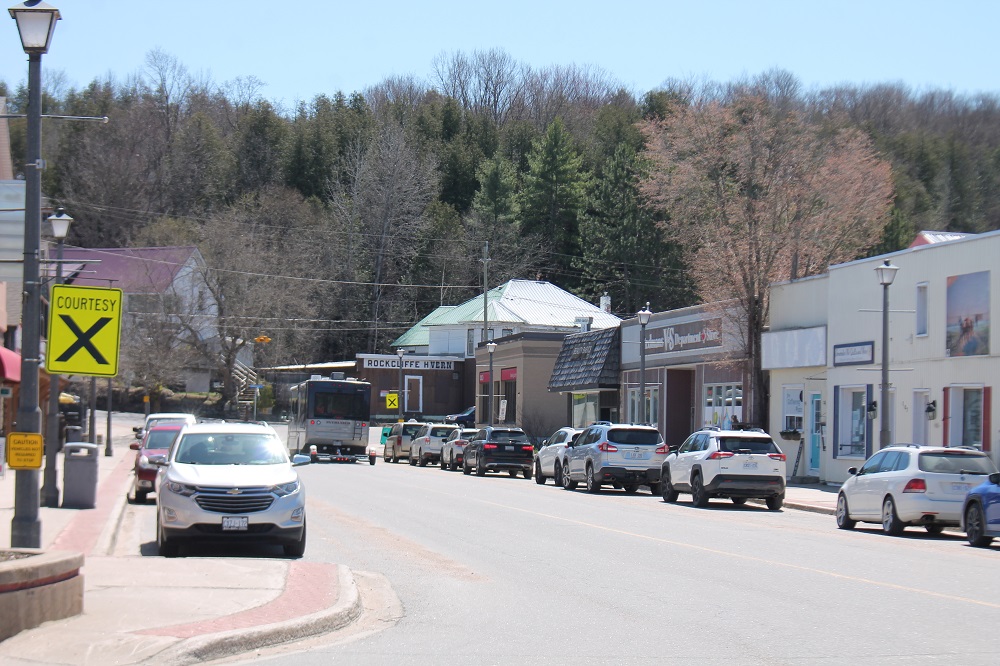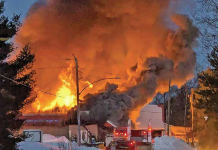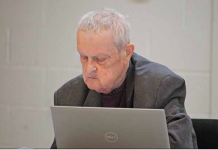Minden Hills coun. Pam Sayne – during an April 25 meeting in which the township approved a four per cent municipal accommodation tax (MAT), said it’s not “a tax grab.”
Putting it in “a larger context,” Sayne said, “municipalities cannot run a deficit. This proposal being put forward to us… has to do with making sure we can pay for the things we have to pay for. When we see an increase from the province of what we are responsible for without the money to match that, we’re in a situation where we have to pull the money from somewhere. So, this is not a tax grab. This is saying we cannot run a deficit and have to maintain services as a municipality.”
She added the township has to find a way, other than through residential, commercial and industrial taxation, to support the increased costs of running municipalities.
“So, I support it (the MAT). It’s a bigger picture,” Sayne said.
All four townships have now made decisions about charging a MAT on short-term rentals. Algonquin Highlands, Highlands East and Minden Hills have all set the rate at four per cent. County director of economic development and tourism Scott Ovell said 95 per cent of Ontario municipalities have followed suit, falling short of calling it an “industry standard.” Dysart et al, with mayor Murray Fearrey saying, “Dysart dares to be different” has set its rate at two per cent.
Ovell has indicated collecting the tax is worth the effort, estimating four per cent could bring more than $2 million to County coffers – a figure that will lessen with Dysart’s decision. It is not known what the breakdown of that would be for each municipality. He did acknowledge, however, that the math is based on full compliance, whereas they expect 65-70 per cent of STR owners will remit in the first year.
Ovell said the program has mandatory requirements, which include that at least 50 per cent of revenue go to one or more eligible tourism entities that are not-forprofit. That money must be exclusively used for promoting and developing tourism. A municipal service corporation (MSC) must be created.
The other 50 per cent of revenue goes directly to townships.
“And you can do whatever you choose with that 50 per cent,” Ovell said. “You could apply it to your roads budget, you can apply it to your capital budget. There’s no strings attached to it and it can change year by year as to how you prioritize that funding.”
The short-term rental host will collect the tax and deliver it to Granicus, the company hired to help the County’s towns with its STR program. It will be for the room rate only, not amenity fees or for parking, internet or cleaning. Bookings prior to the adoption of the MAT will be excluded from paying. It is expected to begin Oct. 1.
As part of next steps, Ovell said towns will have to do public consultation, likely via a survey and talking to stakeholder groups.
He estimated it would take a minimum 18 months from the effective date of the bylaw to when local governments will have a proper understanding of revenue generated through the program.





